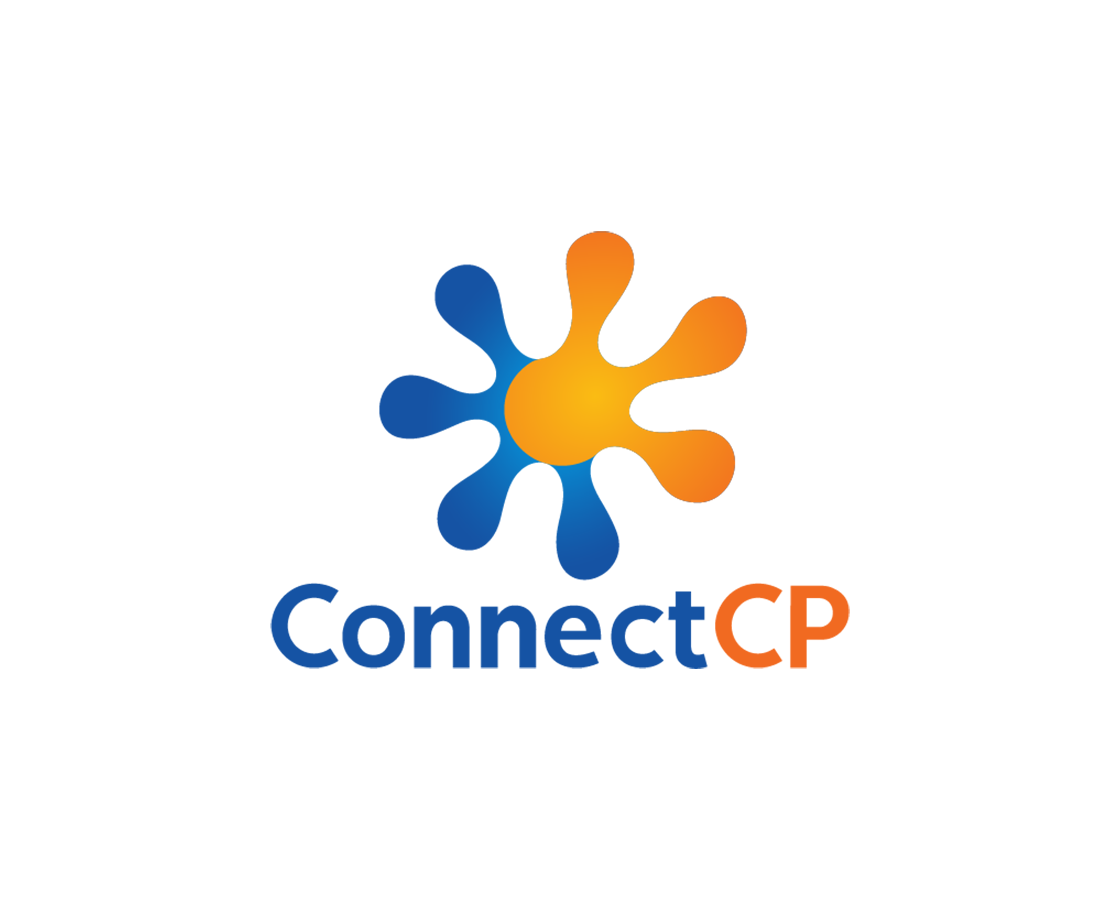Search
Research
Behavior Change Techniques Involved in Physical Activity Interventions for Children with Chronic Conditions: A Systematic ReviewBehavior change techniques (BCTs) have been extensively used in physical activity interventions for children, however, no systematic reviews have synthesized their effects.

Research
CONNECT-CP (A Clinical Research Program to Improve Connection, Access and Translation of Evidence in Cerebral Palsy)More details coming soon.
Research
Early Moves ProjectThe Early Moves study is investigating whether a baby’s early movements can predict learning difficulties later in childhood.
Research
Inter-rater reliability and agreement of the General Movement Assessment and Motor Optimality Score-Revised in a large population-based samplePrechtl's General Movement Assessment (GMA) at fidgety age (3-5 months) is a widely used tool for early detection of cerebral palsy. Further to GMA classification, detailed assessment of movement patterns at fidgety age is conducted with the Motor Optimality Score-Revised.
Research
Kindy Moves: the feasibility of an intensive interdisciplinary programme on goal and motor outcomes for preschool-aged children with neurodisabilities requiring daily equipment and physical assistanceTo determine the feasibility of an intensive interdisciplinary programme in improving goal and motor outcomes for preschool-aged children with non-progressive neurodisabilities. The primary hypothesis was that the intervention would be feasible.
Research
Play Active physical activity policy intervention and implementation support in early childhood education and care: results from a pragmatic cluster randomised trialPolicy interventions to increase physical activity in early childhood education and care (ECEC) services are effective in increasing physical activity among young children. However, a large proportion of ECEC services do not have nor implement a physical activity policy.
Research
Harnessing neuroplasticity to improve motor performance in infants with cerebral palsy: A study protocol for the GAME randomised controlled trialCerebral palsy (CP) is the most common physical disability of childhood worldwide. Historically the diagnosis was made between 12 and 24 months, meaning data about effective early interventions to improve motor outcomes are scant. In high-income countries, two in three children will walk. This evaluator-blinded randomised controlled trial will investigate the efficacy of an early and sustained Goals-Activity-Motor Enrichment approach to improve motor and cognitive skills in infants with suspected or confirmed CP.
Research
Hand function development of children with hemiplegic cerebral palsy: A scoping reviewHemiplegic cerebral palsy (hCP) typically impacts sensorimotor control of the hand, but comprehensive assessments of the hands of children with hCP are relatively rare. This scoping review summarizes the development of hand function for children with hCP.
Research
Clinical utilisation of the Infant Monitor of vocal Production (IMP) for early identification of communication impairment in young infants at-risk of cerebral palsy: a prospective cohort studyAim: To report prospective longitudinal data of early vocaliszations of infants identified “at-risk” of cerebral palsy (CP) for early identification of communication impairment. This case-control longitudinal prospective cohort study reports on the assessment of 36 infants.
Research
Physical activity interventions for the promotion of mental health outcomes in at-risk children and adolescents: a systematic reviewMany young people are exposed to risk factors that increase their risk of mental illness. Physical activity provision is an increasingly popular approach to protect against mental illness in the face of these risk factors. We examined the effectiveness of physical activity interventions for the promotion of mental health outcomes in at-risk children and adolescents.
